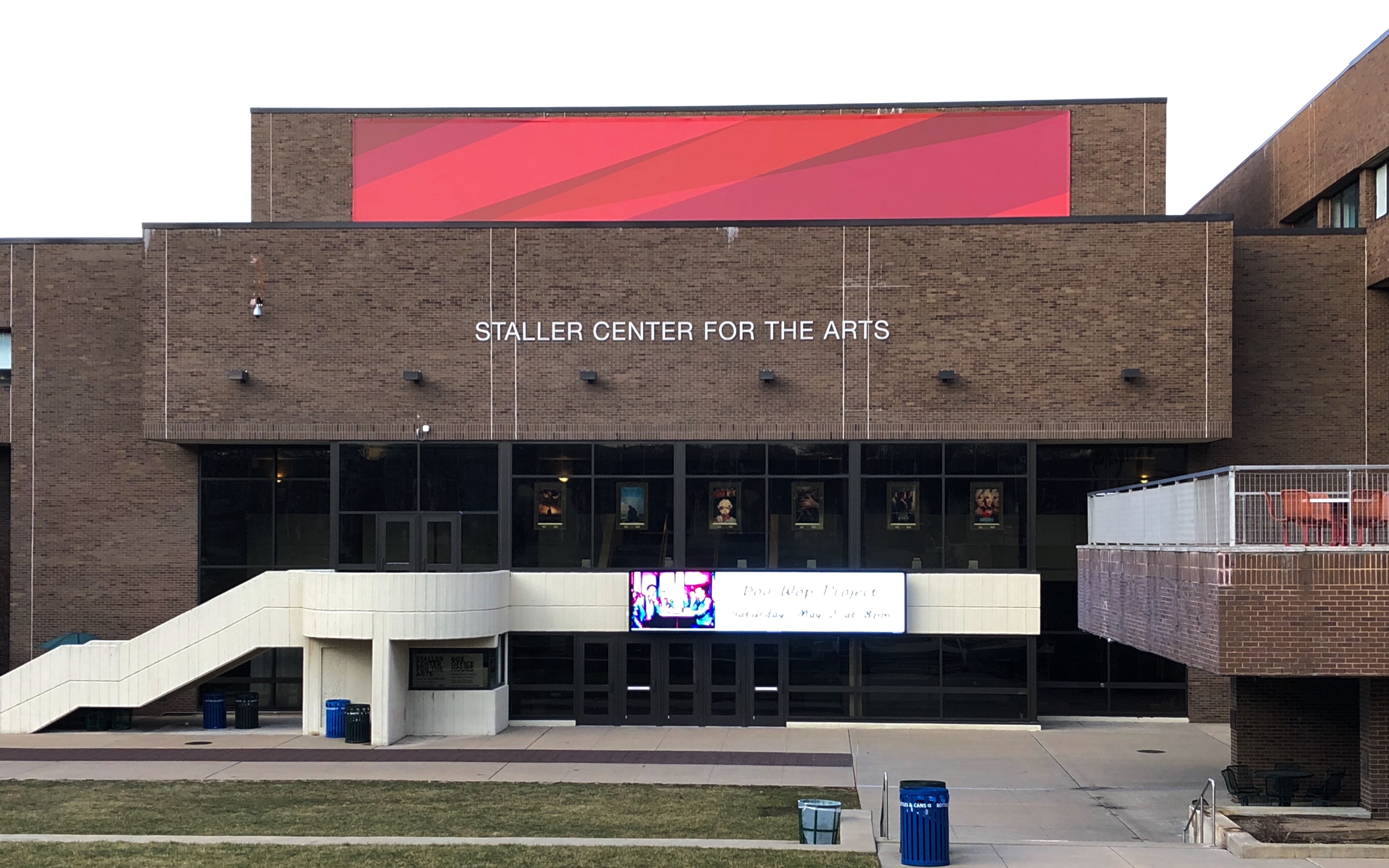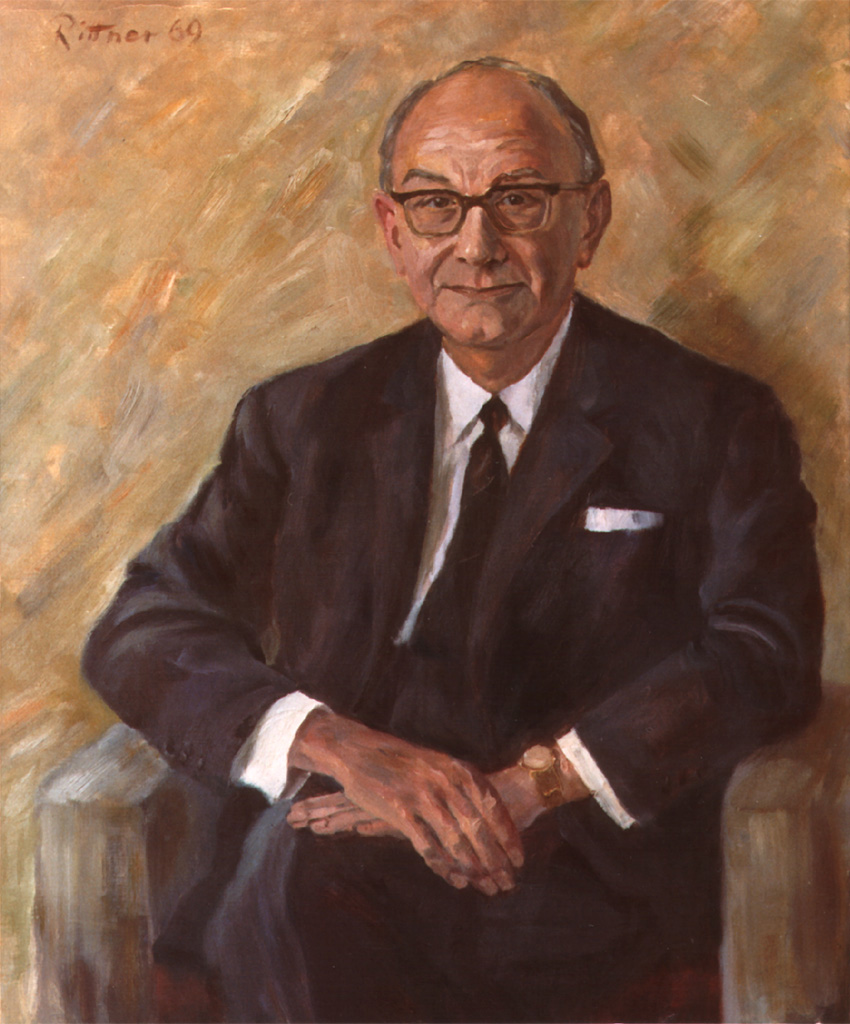|
Jan Born
Jan Born (born March 30, 1958, in Celle, Germany) is a neuroscientist who researches the role of sleep in memory consolidation, problem solving, and brain plasticity. He is Head of thInstitute of Medical Psychology and the Behavioral Neurobiologydepartment at the University of Tübingen. Born serves as the Deputy Editor of SLEEP, the Section Editor of Neurobiology of Learning and Memory, and the Associate Editor of the Journal of Sleep Research. In 1988 Born received the Marius Tausk-Award from the German Society for Endocrinology. In 2010 he received the Leibniz Award of the Deutsche Forschungsgemeinschaft. In 2017, he received the Oswald-Külpe Award, with the award citation emphasizing that in his "very innovative studies, he was able to prove that it is not REM sleep, but deep sleep that is crucial for the transmission of information to the long-term memory of the brain and thus for memory formation." Born is a member of the Academy of Sciences Leopoldina. Biography Bor ... [...More Info...] [...Related Items...] OR: [Wikipedia] [Google] [Baidu] |
Celle
Celle () is a town and capital of the district of Celle (district), Celle in Lower Saxony, in north-central Germany. The town is situated on the banks of the river Aller (Germany), Aller, a tributary of the Weser, and has a population of about 71,000. Celle is the southern gateway to the Lüneburg Heath, has a castle (''Schloss Celle'') built in the Renaissance and Baroque styles and a picturesque old town centre (the ''Altstadt'') with more than 400 timber framing, timber-framed houses, making Celle one of the most remarkable members of the German Timber-Frame Road. From 1378 to 1705 Celle was the official residence of the Lüneburg branch of the dukes of Duchy of Brunswick-Lüneburg, Brunswick-Lüneburg (House of Welf), who had been banished from their original ducal seat by its townsfolk. Geography The town of Celle lies in the glacial valley of the Aller (Germany), Aller, about northeast of Hanover, northwest of Braunschweig, Brunswick and south of Hamburg. With 71,000 ... [...More Info...] [...Related Items...] OR: [Wikipedia] [Google] [Baidu] |
Stony Brook University
Stony Brook University (SBU), officially the State University of New York at Stony Brook, is a public university, public research university in Stony Brook, New York, United States, on Long Island. Along with the University at Buffalo, it is one of the State University of New York system's two Flagship#University, flagship institutions. Its campus consists of 213 buildings on over of land in Suffolk County, New York, Suffolk County and it is the largest public university (by area) in the state of New York. Opened in 1957 in Oyster Bay (hamlet), New York, Oyster Bay as the State University College on Long Island, the institution moved to Stony Brook, New York, Stony Brook in 1962. Stony Brook is part of the Association of American Universities and the Universities Research Association. It is Carnegie Classification of Institutions of Higher Education, classified among "R1: Doctoral Universities – Very high research activity". Stony Brook University, in partnership with Batt ... [...More Info...] [...Related Items...] OR: [Wikipedia] [Google] [Baidu] |
Academic Staff Of The University Of Tübingen
An academy (Attic Greek: Ἀκαδήμεια; Koine Greek Ἀκαδημία) is an institution of tertiary education. The name traces back to Plato's school of philosophy, founded approximately 386 BC at Akademia, a sanctuary of Athena, the goddess of wisdom and skill, north of Athens, Greece. The Royal Spanish Academy defines academy as scientific, literary or artistic society established with public authority and as a teaching establishment, public or private, of a professional, artistic, technical or simply practical nature. Etymology The word comes from the ''Academy'' in ancient Greece, which derives from the Athenian hero, '' Akademos''. Outside the city walls of Athens, the gymnasium was made famous by Plato as a center of learning. The sacred space, dedicated to the goddess of wisdom, Athena, had formerly been an olive grove, hence the expression "the groves of Academe". In these gardens, the philosopher Plato conversed with followers. Plato developed his sessio ... [...More Info...] [...Related Items...] OR: [Wikipedia] [Google] [Baidu] |
Neuropsychologists
Neuropsychology is a branch of psychology concerned with how a person's cognition and behavior are related to the brain and the rest of the nervous system. Professionals in this branch of psychology focus on how injuries or illnesses of the brain affect cognitive and behavioral functions. It is both an experimental and clinical field of patient-focused psychology. Thus aiming to understand how behavior and cognition are influenced by brain function. It is also concerned with the diagnosis and treatment of behavioral and cognitive effects of neurological disorders. Whereas classical neurology focuses on the pathology of the nervous system and classical psychology is largely divorced from it, neuropsychology seeks to discover how the brain correlates with the mind through the study of neurological patients. It thus shares concepts and concerns with neuropsychiatry and with behavioral neurology in general. The term ''neuropsychology'' has been applied to lesion studies in humans ... [...More Info...] [...Related Items...] OR: [Wikipedia] [Google] [Baidu] |
German Neuroscientists
German(s) may refer to: * Germany, the country of the Germans and German things **Germania (Roman era) * Germans, citizens of Germany, people of German ancestry, or native speakers of the German language ** For citizenship in Germany, see also German nationality law **Germanic peoples (Roman era) *German diaspora * German language * German cuisine, traditional foods of Germany People * German (given name) * German (surname) * Germán, a Spanish name Places * German (parish), Isle of Man * German, Albania, or Gërmej * German, Bulgaria * German, Iran * German, North Macedonia * German, New York, U.S. * Agios Germanos, Greece Other uses * German (mythology), a South Slavic mythological being * Germans (band), a Canadian rock band * "German" (song), a 2019 song by No Money Enterprise * ''The German'', a 2008 short film * "The Germans", an episode of ''Fawlty Towers'' * ''The German'', a nickname for Congolese rebel André Kisase Ngandu See also * Germanic (disambiguati ... [...More Info...] [...Related Items...] OR: [Wikipedia] [Google] [Baidu] |
Antigen
In immunology, an antigen (Ag) is a molecule, moiety, foreign particulate matter, or an allergen, such as pollen, that can bind to a specific antibody or T-cell receptor. The presence of antigens in the body may trigger an immune response. Antigens can be proteins, peptides (amino acid chains), polysaccharides (chains of simple sugars), lipids, or nucleic acids. Antigens exist on normal cells, cancer cells, parasites, viruses, fungus, fungi, and bacteria. Antigens are recognized by antigen receptors, including antibodies and T-cell receptors. Diverse antigen receptors are made by cells of the immune system so that each cell has a specificity for a single antigen. Upon exposure to an antigen, only the lymphocytes that recognize that antigen are activated and expanded, a process known as clonal selection. In most cases, antibodies are ''antigen-specific'', meaning that an antibody can only react to and bind one specific antigen; in some instances, however, antibodies may cr ... [...More Info...] [...Related Items...] OR: [Wikipedia] [Google] [Baidu] |
Slow-wave Sleep
Slow-wave sleep (SWS), often referred to as deep sleep, is the third stage of non-rapid eye movement sleep (NREM), where electroencephalography activity is characterised by slow delta waves. Slow-wave sleep usually lasts between 70 and 90 minutes, taking place during the first hours of the night. Slow-wave sleep is characterised by moderate muscle tone, slow or absent eye movement, and lack of genital activity. Slow-wave sleep is considered important for memory consolidation, declarative memory, and the recovery of the brain from daily activities. Before 2007, the term slow-wave sleep referred to the third and fourth stages of NREM. Current terminology combined these into a single stage three. Overview Terminology This period of sleep is called slow-wave sleep because the EEG activity is synchronized, and characterised by slow waves with a frequency range of 0.5–4.5 Hz and a relatively high amplitude power with peak-to-peak amplitude greater than 75 μV. The firs ... [...More Info...] [...Related Items...] OR: [Wikipedia] [Google] [Baidu] |
Rapid Eye Movement Sleep
Rapid eye movement sleep (REM sleep or REMS) is a unique phase of sleep in mammals (including humans) and birds, characterized by random rapid movement of the eyes, accompanied by low muscle tone throughout the body, and the propensity of the sleeper to dream vividly. The core body and brain temperatures increase during REM sleep and skin temperature decreases to lowest values. The REM phase is also known as paradoxical sleep (PS) and sometimes desynchronized sleep or dreamy sleep, because of physiological similarities to waking states including rapid, low-voltage desynchronized brain waves. Electrical and chemical activity regulating this phase seem to originate in the brain stem, and is characterized most notably by an abundance of the neurotransmitter acetylcholine, combined with a nearly complete absence of monoamine neurotransmitters histamine, serotonin and norepinephrine. Experiences of REM sleep are not transferred to permanent memory due to absence of norepinephrine. ... [...More Info...] [...Related Items...] OR: [Wikipedia] [Google] [Baidu] |
Procedural Memory
Procedural memory is a type of implicit memory ( unconscious, long-term memory) which aids the performance of particular types of tasks without conscious awareness of these previous experiences. Procedural memory guides the processes we perform, and most frequently resides below the level of conscious awareness. When needed, procedural memories are automatically retrieved and utilized for execution of the integrated procedures involved in both cognitive and motor skills, from tying shoes, to reading, to flying an airplane. Procedural memories are accessed and used without the need for conscious control or attention. Procedural memory is created through ''procedural learning'', or repeating a complex activity over and over again until all of the relevant neural systems work together to automatically produce the activity. Implicit procedural learning is essential for the development of any motor skill or cognitive activity. History The difference between procedural and declarat ... [...More Info...] [...Related Items...] OR: [Wikipedia] [Google] [Baidu] |
Federal Ministry Of Education And Research (Germany)
The Federal Ministry of Research, Technology and Space (; abbreviated BMFTR) is a Cabinet of Germany, cabinet-level ministry of Germany. It is headquartered in Bonn, with an office in Berlin. The Ministry provides funding for research projects and institutions (aiming for "research excellence") and sets general educational policy. It also provides student loans in Germany. However, a large part of educational policy in Germany is decided at the States of Germany, state level, strongly limiting the influence of the ministry in educational matters. History The ''Federal Ministry for Atomic Issues'' was established in 1955, concentrating on research in the peaceful use of nuclear energy. The ministry was renamed in 1962 to ''Federal Ministry of Scientific Research'', with a broader scope; it was renamed again, to ''Federal Ministry of Education and Science'', in 1969. A separate ministry, the ''Federal Ministry of Research and Technology'', was established in 1972. The two Ministrie ... [...More Info...] [...Related Items...] OR: [Wikipedia] [Google] [Baidu] |
Habilitation
Habilitation is the highest university degree, or the procedure by which it is achieved, in Germany, France, Italy, Poland and some other European and non-English-speaking countries. The candidate fulfills a university's set criteria of excellence in research, teaching, and further education, which usually includes a dissertation. The degree, sometimes abbreviated ''Dr. habil''. (), ''dr hab.'' (), or ''D.Sc.'' ('' Doctor of Sciences'' in Russia and some CIS countries), is often a qualification for full professorship in those countries. In German-speaking countries it allows the degree holder to bear the title ''PD'' (for ). In a number of countries there exists an academic post of docent, appointment to which often requires such a qualification. The degree conferral is usually accompanied by a public oral defence event (a lecture or a colloquium) with one or more opponents. Habilitation is usually awarded 5–15 years after a PhD degree or its equivalent. Achieving this ... [...More Info...] [...Related Items...] OR: [Wikipedia] [Google] [Baidu] |






